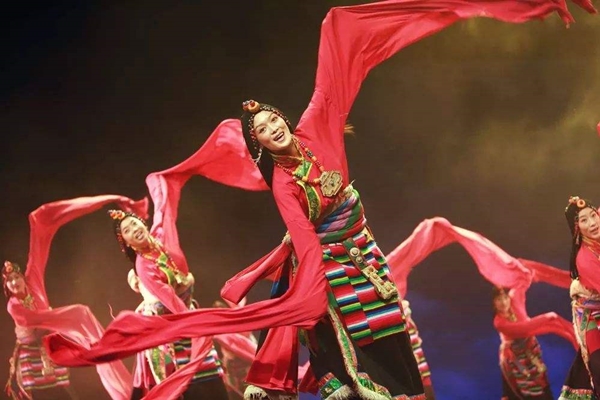Its origin and origin
Its li (the fourth tone) is a single-reed gas-sounding instrument of the Qiang and Tibetan peoples. The Qiang people are also called Shibuli and Gangs. The Tibetans call it Lu Zha and Xiao Lie. Popular in Sichuan Province, Aba Tibetan Autonomous Prefecture, Maowen Qiang Autonomous County, Heishui, Li County, Wenchuan and other places.

In ancient times, the Qiang people lived in the northwest plateau of my country and lived on nomadic herds, which is a general term for many ethnic groups. The Ranlong tribe among the ancient Qiang people gradually settled in the upper reaches of the Minjiang River since the Qin and Han dynasties, and after a long period of development, they became today's Qiang people. The industrious and intelligent Qiang people live at the foot of Jiuding Mountain, which is more than 3,000 meters above sea level in northern Sichuan. In the long history of labor and struggle, they have created a long and rich culture, created the double-pipe and several-hole Qiji, and used it to inspire the people. life and struggle.
Involving musical instruments
Guess you like
Hot news
- 01 Ancient Legacy: The Legend of the creation of Emperor Shun and the Banjo
- 02 The handsome guy in 1997 is so advanced in pulling erhu! Netizen: Come and "wash your ears"
- 03 Dulcimer exam and performance repertoire
- 04 The difference between the five-stringed lute and the four-stringed lute
- 05 The Simple Difference Between Guqin, Se, and Guzheng
 渝公网安备 50010702504639号
渝公网安备 50010702504639号